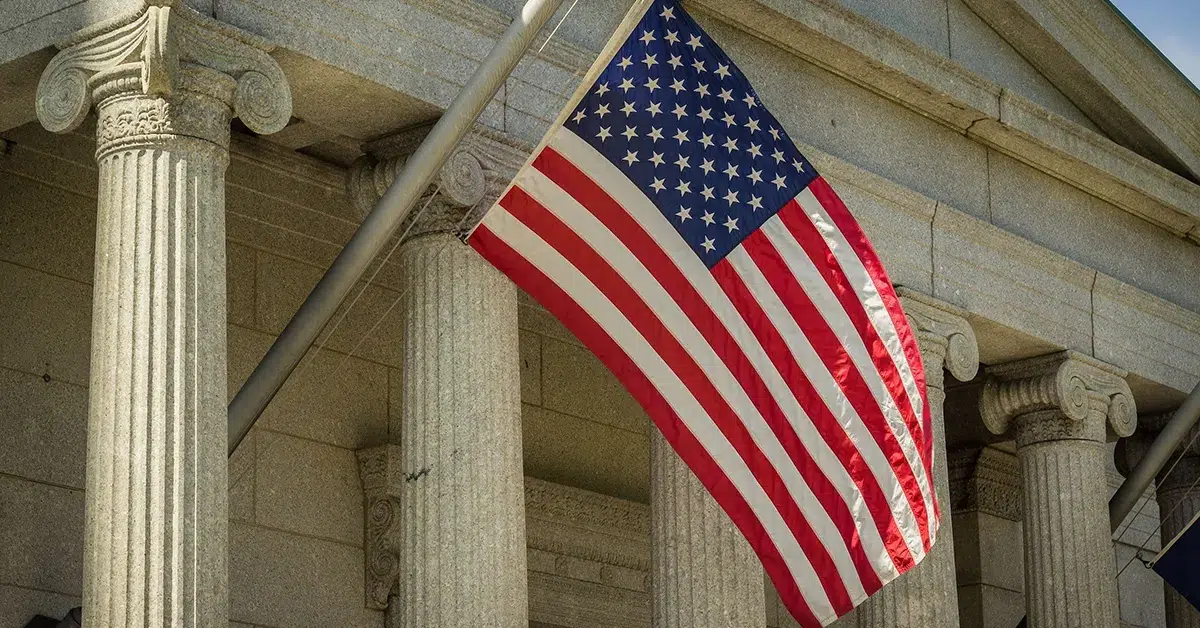With some exceptions, the Fourth Amendment to the United States Constitution requires that police obtain a warrant before they conduct a search. For that reason, all searches conducted without a warrant are presumptively unlawful. In Katz v. United States (1967) 389 U.S. 347, 357, the United States Supreme Court held that “searches conducted outside the judicial process, without prior approval by judge or magistrate, are per se unreasonable under the Fourth Amendment —subject only to a few specifically established and well-delineated exceptions.”
As the Katz Court stated, the warrant requirement’s exceptions are limited. Indeed, the Court has called the exceptions “jealously and carefully drawn.” Coolidge v. New Hampshire (1971) 403 U.S. 443, 454–455. One of those narrow exceptions is exigent circumstances (i.e., an emergency). Should the prosecution seek to rely on exigency to justify a warrantless search, they must show that a true emergency existed. In other words, the government must prove that the “exigencies of the situation made that course imperative.” Ibid.; see also People v. Schmitz (2012) 55 Cal.4th 909, 933.
One example of exigent circumstances is a search conducted in order to prevent the destruction of evidence. See Kentucky v. King (2011) 563 U.S. 452. In the DUI context, this exception was routinely used by the prosecution to justify the warrantless taking of an arrestee’s blood sample (a search and seizure of the blood). The reasoning was that a person’s blood alcohol concentration naturally dissipates over time. If the police have to wait for a warrant before taking the blood sample, so the argument went, the evidence of the crime will be destroyed. In 2013, the U.S. Supreme Court invalidated that justification as a per se rule. Exigent circumstances may exist in a particular DUI case that allow the police to take a person’s blood sample without a warrant. But in Missouri v. McNeely (2013) 569 U.S. 141, the Court found that in order for the exigency exception to permit the warrantless blood test, the circumstances must be more than the mere metabolization of the alcohol in the person’s bloodstream. This “relatively predictable” dissipation process creates no per se emergency. Missouri v. McNeely, 569 U.S. at 152. The Court held that “[i]n those drunk-driving investigations where police officers can reasonably obtain a warrant before a blood sample can be drawn without significantly undermining the efficacy of the search, the Fourth Amendment mandates that they do so.” Ibid.
The Fourth Amendment protects individuals against unreasonable searches and seizures by the government. The Amendment specifies that its protection covers things like a person’s house, papers, and effects. But the first protection the Fourth Amendment provides – the very first thing it guards against – is unreasonable searches and seizures of the person. The Amendment begins by stating unequivocally that “[t]he right of the people to be secure in their persons, houses, papers and effects, against unreasonable searches and seizures shall not be violated ….” U.S. Constitution IV (emphasis added). And the touchstone of the Fourth Amendment is reasonableness. Brigham City, Utah v. v. Stuart (2006) 547 U.S. 398, 403. Is circumventing the warrant process and conducting a search that “require[s] piercing the skin” and extracting a part of the person’s body (Birchfield v. North Dakota (2016) 579 U.S. 438, 463), reasonable anymore?
Today, technology allows the government to streamline the warrant application process. Warrants are routinely obtained electronically, via e-mail, and telephonic warrant applications have been utilized for some time. Judges are on call at all hours for this very purpose. If the police have probable cause to believe a person has committed a crime, there are several means by which they may seek a warrant. In recognition of this truth, Justice Sotomayor wrote: “Well over a majority of States [including California] allow police officers or prosecutors to apply for search warrants remotely through various means, including telephonic or radio communication, electronic communication such as e-mail, and video conferencing. And in addition to technology-based developments, jurisdictions have found other ways to streamline the warrant process, such as by using standard-form warrant applications for drunk-driving investigations.” Missouri v. McNeely, 569 U.S. at 154-155.
The exigent circumstances doctrine requires a true emergency to justify sidestepping the warrant process. Mere laziness, routine policy, or unnecessary delay will not suffice. The Fourth Amendment requires more.




